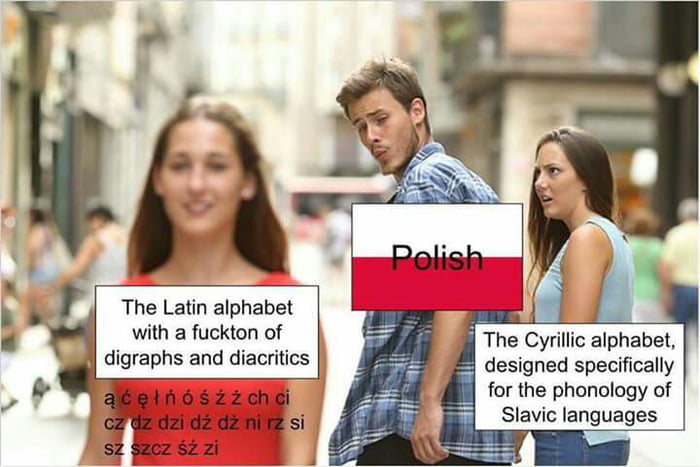Let's spice this thread up with a little quiz. Post your answers in spoilers, I'll give out the solutions on the weekend (Sunday or Monday, depending on the amount of takers).
1. Name the ten languages with the highest amount of native speakers in the world. You can try to rank them or guess the number of speakers if you're adventurous, but try figuring out the languages themselves first.
2. Name the extant branches of the Indo-European language family. I'm only asking for branches, not sub branches. e.g. it is sufficient to include "Germanic", no need to list "Western Germanic", "Northwestern Germanic", etc.
3. Which region has the highest amount, both relatively and absolutely, of languages spoken in the world? The region is very clearly defined geographically and easy to distinctly name.
4. Which country has the highest amount of official languages? How many are they?
5. How many alphabets or scripts are currently in official use worldwide? This question does not distinguish individual adaptations of an alphabet, so e.g. the English, French and Turkish variations of the Latin alphabet are counted as one single alphabet or script.


